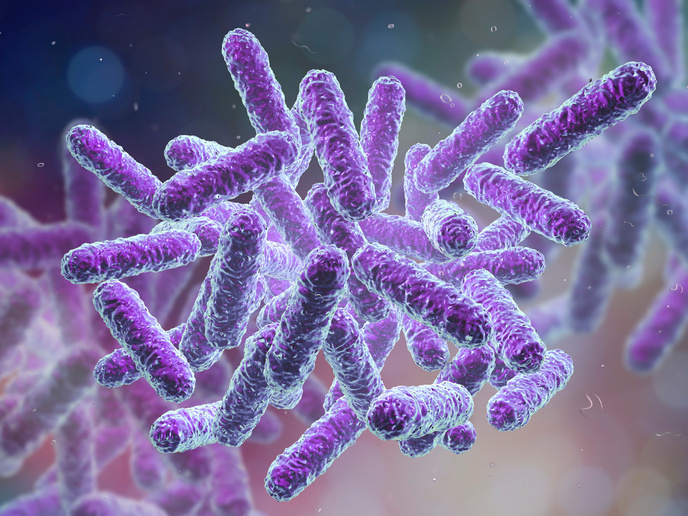Straight from the bowels of human health
Antibiotics are vital in the fight against infectious disease. However, antibiotic use can affect the balance of essential bacterial populations in the gastrointestinal tract (GIT). One very undesirable side-effect of long-term antibiotic use is antibiotic-associated diarrhoea (AAD). Another adverse effect is the development of antibiotic resistance because of selection pressure for bacteria that can survive in the presence of antibiotics. It is unclear exactly which unwelcome microbe is responsible for AAD. However, the reduction of commensal bacteria that live together is often accompanied by a rise in numbers of pathogenic bacteria. In particular, Clostridium difficile (C. difficile) tends to proliferate in these circumstances and releases toxins that cause inflammation and can lead to diarrhoea and colitis. With EU funding, the Amidim project aimed to investigate the effects of long-term antibiotic treatment on human health. The precise role of C. difficile in the complex ecology of the GIT was also investigated. Amidim scientists did their research on acne sufferers, ideal for this type of study as they often undergo long-term, broad-spectrum (often tetracycline) antibiotic treatment but are otherwise healthy. More useful still, tetracyclines are incompletely absorbed in the upper GIT and end up in high concentrations in the colon. The scientists monitored the diversity of microbes in the colon to see if any changes were responsible for the onset of diarrhoea. Compared to pre-treatment controls, antibiotic treatment altered the composition of the microbes. Moreover, the composition had not returned to baseline even one month after the cessation of antibiotic treatment. However, no C. difficile bacteria were detected. Secondly, using DNA microarrays, they analysed a strain of C. difficile for genetic makeup to determine if iron availability or antibiotics affected the genotype of this opportunistic visitor. Tetracycline is a well known iron chelator – it binds with and forms a compound with the mineral. Antibiotic therapy leads to an imbalance in the complex ecology of the human gut. The Amidim research will help to put the pieces together as to how certain GIT bacteria are affected and their role in human health, as well as what mechanisms lead to the development of antibiotic resistance.







